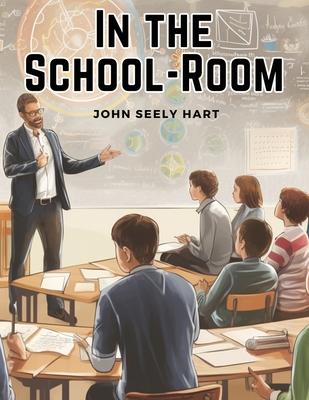"In the School-Room - Chapters in the Philosophy of Education" is a book written by John Seely Hart, an American educator and philosopher. The book, first published in 1873, delves into the philosophy of education and provides insights into the principles and practices of teaching during the 19th century.
Here is an overview of the key themes and content of the book:
- Philosophy of Education: John Seely Hart explores the underlying philosophy of education, discussing the principles that should guide the teaching and learning process. The book reflects the author's thoughts on the purpose of education and the role of teachers in shaping the minds of students.
- Teaching Methods: "In the School-Room" likely discusses various teaching methods employed in 19th-century classrooms. This could include insights into the use of textbooks, lectures, and other instructional materials, as well as the emphasis on rote memorization and recitation that was common during that era.
- Role of the Teacher: The book may provide perspectives on the responsibilities and qualities of effective teachers. This could encompass discussions on the teacher-student relationship, the importance of mentorship, and the moral and intellectual development of students under the guidance of educators.
- Curriculum: Hart might address the curriculum of the time, discussing the subjects considered essential for a well-rounded education. This could include the classical curriculum that was prevalent in 19th-century schools, emphasizing subjects such as Latin, Greek, mathematics, and literature.
- Educational Philosophy of the 19th Century: The book serves as a window into the educational philosophy of the 19th century, capturing the prevailing thoughts, values, and approaches that influenced the shaping of young minds during that period.
"In the School-Room" likely provides a valuable historical perspective on education, shedding light on the challenges and aspirations of educators in the 19th century. Readers interested in the history of education and educational philosophy would find this work insightful, offering a glimpse into the intellectual climate of the time.
